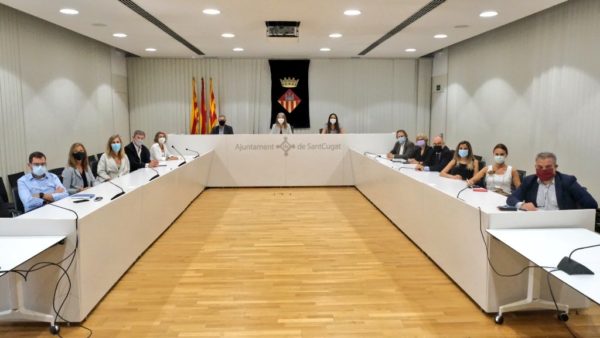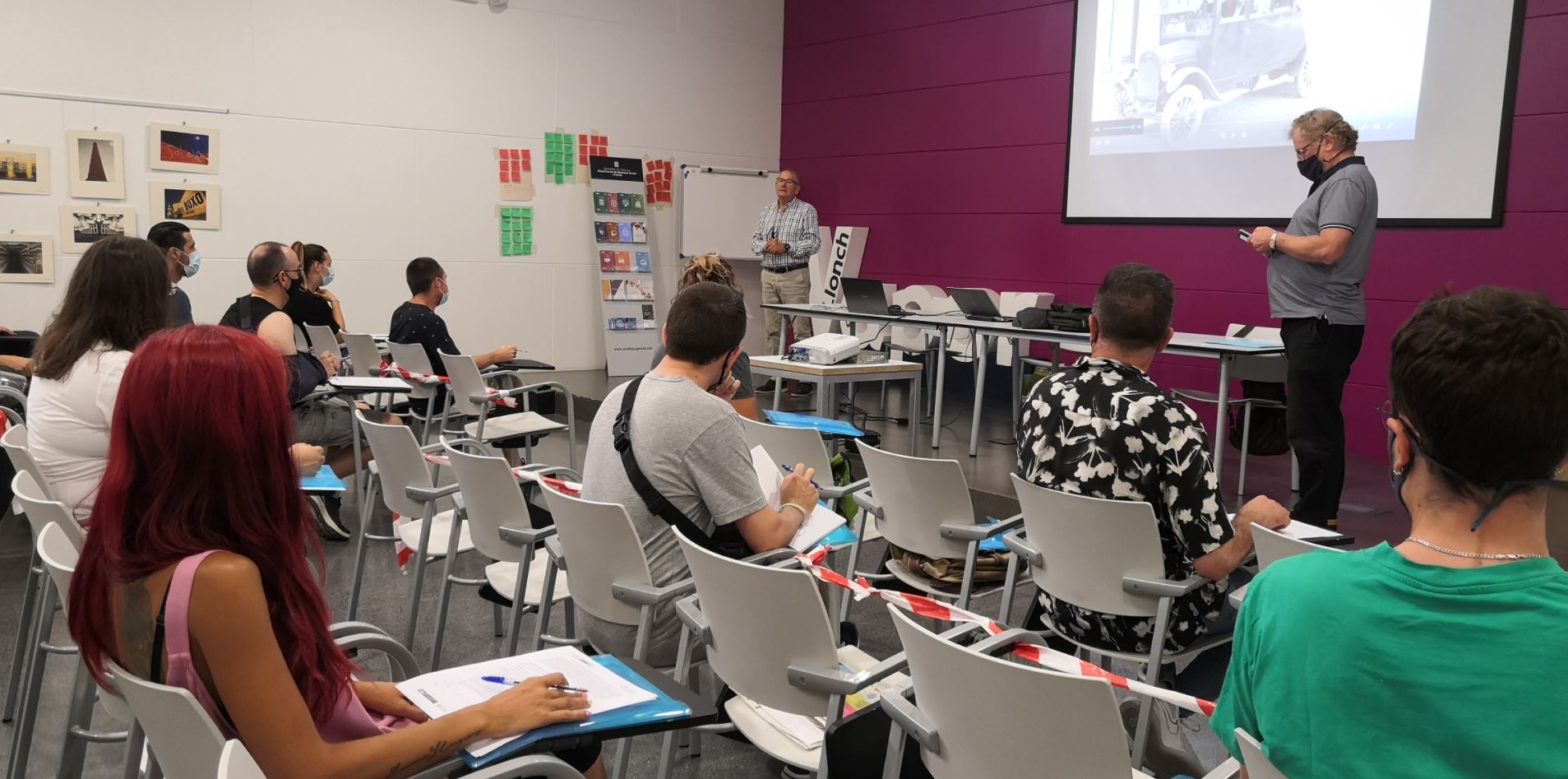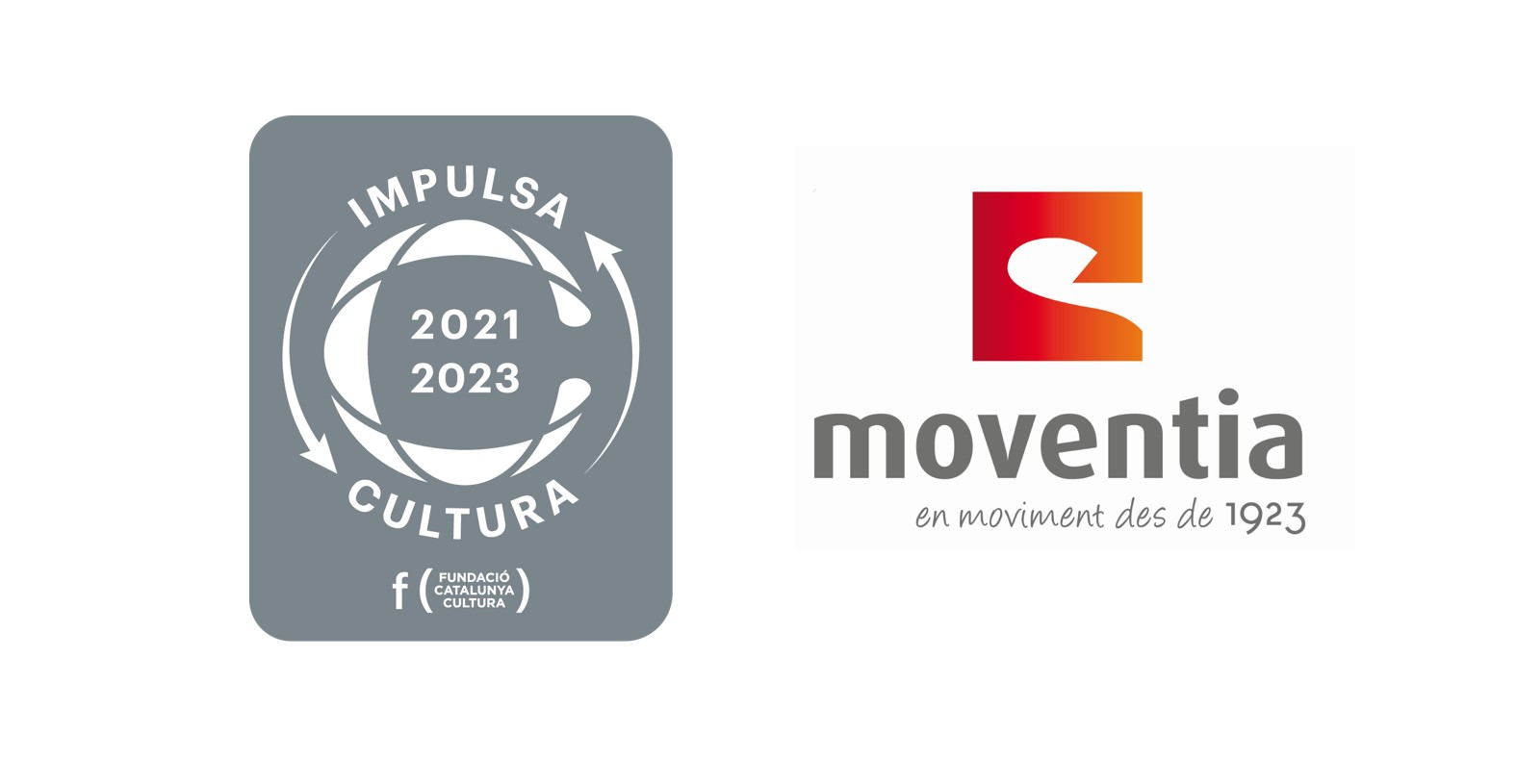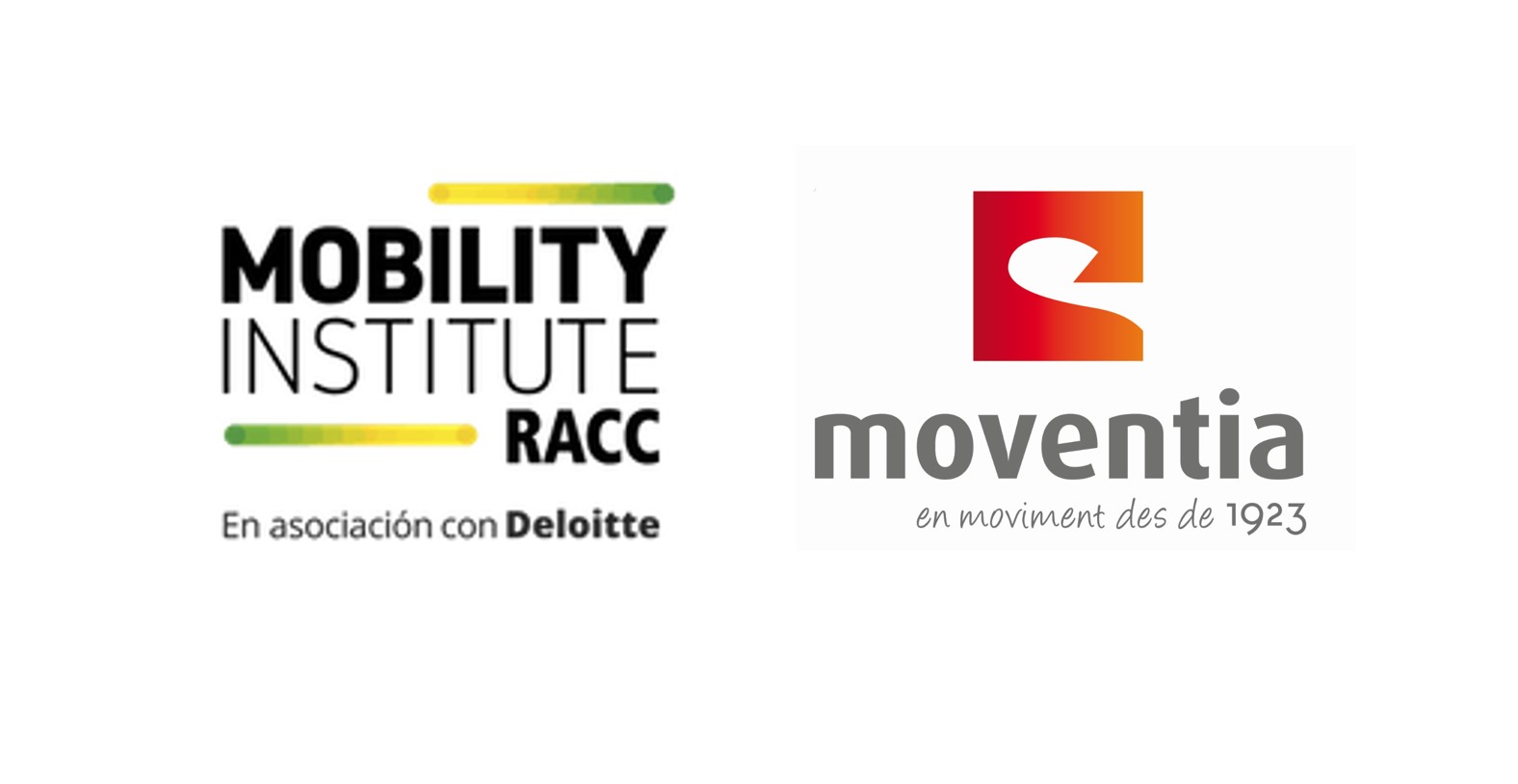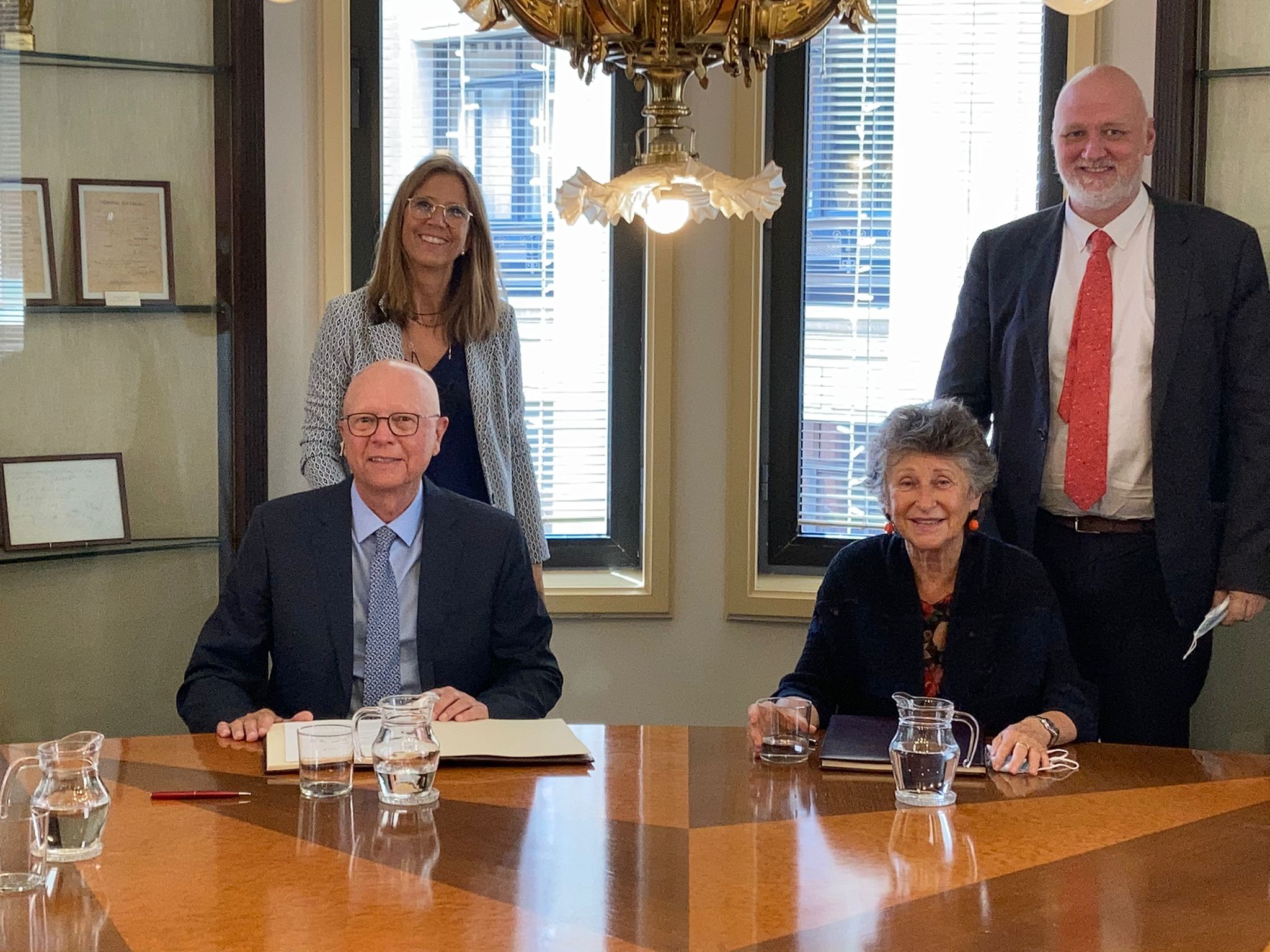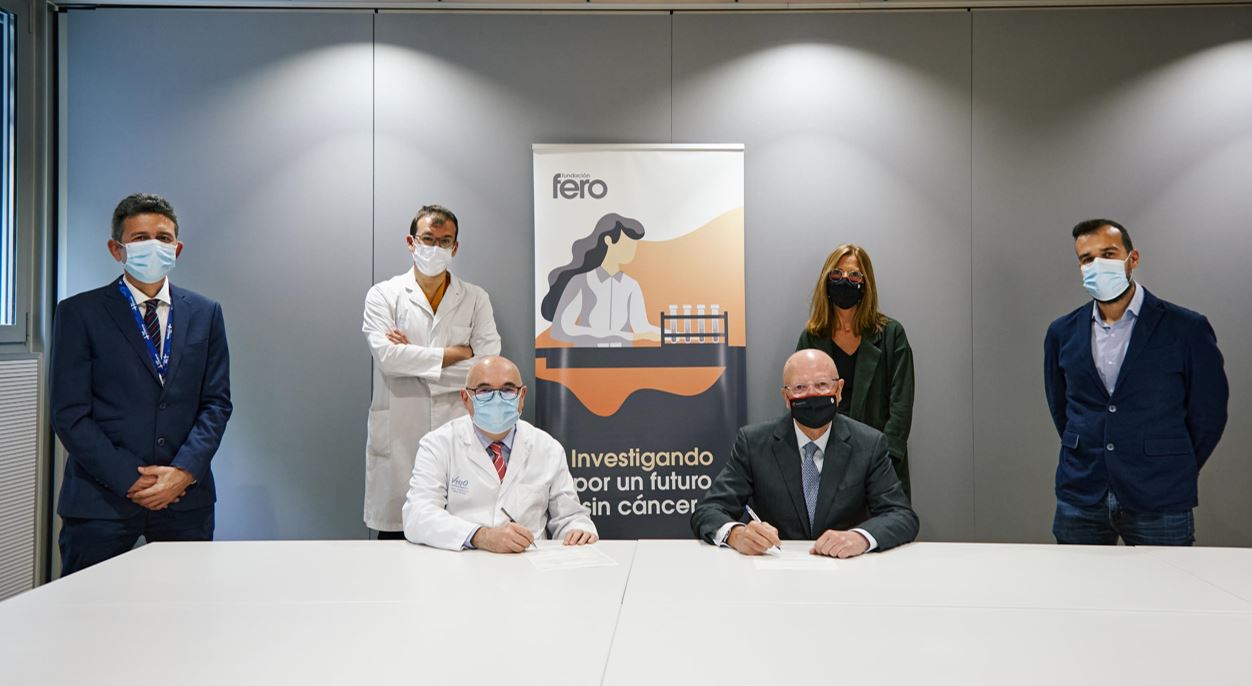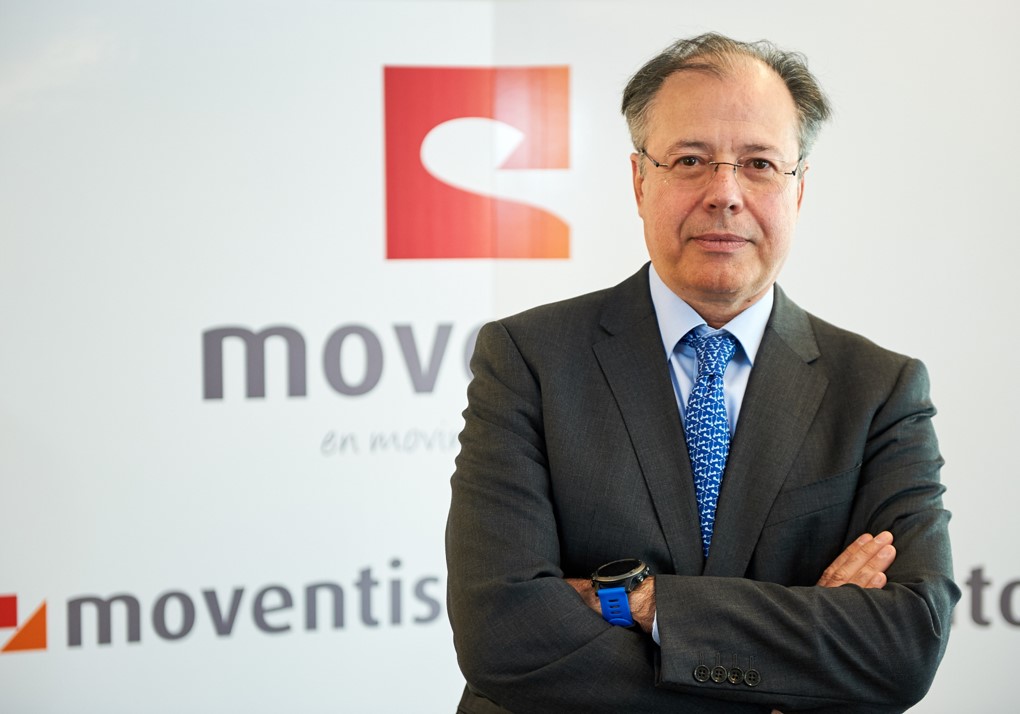In 2021, Spain stands among the top three participants in the IRONMAN Study, the largest global registry of advanced prostate cancer patient samples, highlighting the commitment from Spanish society to this research. In fact, Spain has tripled its involvement from 80 to 237 patients within a period of 12 months. This figure once again demonstrates the solidarity of Spanish patients with this long-term project that will help us better understand the disease and develop new therapeutic options for the future.
Guillermo Mora, a 71-year-old patient who was diagnosed with prostate cancer six years ago and who has been in the metastasis stage for three years, wanted to share with Spanish society what it means to take part in a project like IRONMAN: “The responsibility to end this disease not only lies with doctors and researchers. As patients, we must be able to help and I feel that if my time, my experience and my samples can help us find a cure one day – hopefully sooner rather than later – then that is the least I can do. We are essential to the medical research and we have to be proactive if we want to achieve what so many of us so anxiously desire”.
This spirit of involvement and commitment to cancer research is the driving force pushing Moventia – a benchmark company in sustainable mobility – to maintain its commitment to this project through the FERO Foundation year after year as one of the main donors making it possible for Spain to be on the global IRONMAN map.
In the words of Silvia Martí, VP of Corporate, Internal and Institutional Communication at Moventia: “we have been supporting FERO on various projects for more than six years because we believe that we must all feel involved if we want to make real progress in cancer research: patients, relatives, researchers, doctors, civil society, companies, etc. Every one of us does our bit. For that reason, we are more convinced than ever that our effort to support IRONMAN year after year will be able to help people like Mr. Mora to improve their quality of life and find solutions that now seem unimaginable”.
Moventia’s support for this initiative forms part of the actions planned under its Strategic Corporate Social Responsibility Plan as a voluntary expression by the company to help build a better society.
More visibility and research
The spirit, strength and determination of Mr. Mora seem inherent to the hundreds of Spanish patients who have joined this project in one year. However, he calls for more visibility and commitment to a disease with which 1 out of 8 men will be diagnosed during their lifetime[1]. “Prostate cancer is as equally prevalent as breast cancer but has a much lower profile in the media and therefore lacks the same level of support… We must make people more aware, ensure they have themselves checked, know the warning signs, etc. because with cancer, more than ever, time is golden”.
“I am always surprised by how open our patients are to taking part in projects like IRONMAN, how motivated they are to form part of projects that can help us better understand the disease. We are tremendously grateful to them and we try to respond by learning as much as we can about the disease from the data and the samples that they provide us with so altruistically”, explains Dr. Joaquín Mateo, Head of the Translational Prostate Cancer Research Group at the Vall d’Hebron Institute of Oncology (VHIO), the oncologist for Mr. Mora and one of the coordinators of the study here in Spain.
The project
The IRONMAN project is based on three main lines of action: a systemic collection of clinical data from patients with advanced prostate cancer (treatments, evolution, response to them); to this register are added data on the personal life of the patients (how they live with the disease, how the treatment affects their daily life); and, finally, a bank of participating patient samples is created in order to conduct translational research with them. The goal is to become a major international platform for clinical and molecular data from patients in 16 different countries in order to help better understand the disease and to fight it more effectively in the future.
“IRONMAN is special because, besides what we learn from the project itself, which we hope will be a great deal, it helps us build a network between researchers and hospitals in our country, which I’m sure will facilitate many other projects and lead to progress in this field in the future”, explains Dr. David Olmos, Head of the Clinical Research on Prostate Cancer Unit at the National Centre for Oncology Research (CNIO) and Spanish coordinator of the study alongside Mateo.
Eleven benchmark Spanish centres are already taking part in this research network, which connects oncologists in Catalonia, Madrid, Valencia, Andalusia and Asturias. Furthermore, the project in Spain is also backed by the FERO Foundation and the Movember Foundation, two non-profit organisations engaged in promoting cancer research.
